Atopic Dermatitis Treatment Cost in India
Unlock Exclusive Discount : Your Gateway to Premium Healthcare with Medsurge India Health Value Card.

Unlock Exclusive Discount : Your Gateway to Premium Healthcare with Medsurge India Health Value Card.

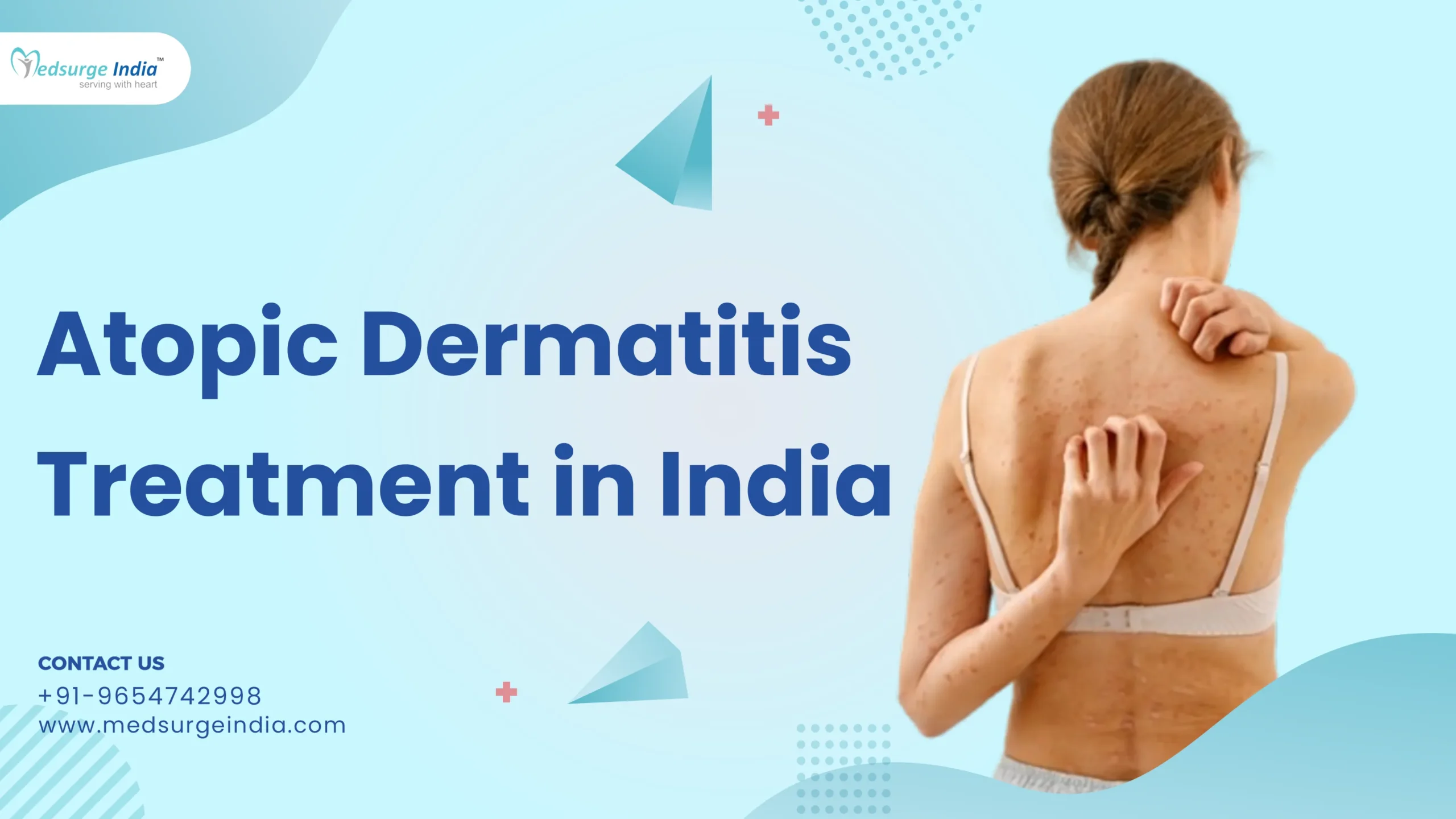
Also known as eczema, this prevalent condition results in itchy, dry, and inflamed skin. While it typically manifests during childhood, it can onset at any age. Dermatologists who are board-certified possess the knowledge and skills to assist their patients in minimizing flare-ups and enhancing their comfort. It is important to note that this condition is not contagious.
It typically manifests in early childhood. It frequently emerges between the ages of 2 months and 5 years. Although the majority of individuals experience the onset of atopic dermatitis by the age of 5, this condition may also present itself during puberty or in later years.
Eczema encompasses a variety of conditions that lead to skin inflammation. Symptoms associated with inflamed skin typically include a rash, itching, and significant dryness. There are multiple forms of eczema, with atopic dermatitis being the most prevalent. Other recognized types include contact dermatitis and stasis dermatitis.
In discussions regarding atopic dermatitis, it is common for individuals to use the terms “eczema” or “atopic eczema.” Conversely, other forms of eczema are generally referred to by their specific designations. If you find yourself unsure about the term “eczema” in a medical context, it is advisable to inquire about the specific type being referenced.
Atopic dermatitis is frequently described as the “itch that rashes.” This characterization aptly illustrates the onset of the condition, which typically occurs abruptly with intense skin itching. The act of scratching the affected areas often leads to the emergence of a rash. A rash may manifest on one or multiple regions of the skin.
Upon the onset of atopic dermatitis, you may observe one or more of the following symptoms:
Flare-ups may persist intermittently over the years. New flare-ups may manifest in different areas as the skin recovers in one region. Additionally, flare-ups can reoccur in the same location repeatedly. These flare-ups may fluctuate, ceasing temporarily before reemerging.
Over time, atopic dermatitis can lead to changes in the skin, resulting in:
The precise reasons behind the onset of atopic dermatitis remain somewhat enigmatic. In the course of researching atopic dermatitis, scientists have uncovered significant findings. It is understood that this condition is multifaceted, with several factors potentially contributing to its development, including:
Numerous elements impact the expenses associated with Atopic Dermatitis Treatment Cost in India. The major driver of cost is the patient’s medical condition. Atopic Dermatitis Treatment Cost in India can cost anywhere from 200 USD to 2000 USD.
Here are several key factors that influence the expenses associated with Atopic Dermatitis Treatment Cost in India:
Hospital or clinic’s location: The cost of care in a private hospital or clinic is often higher than that in a public hospital.
Medication costs: Certain medicines can influence the overall cost of Atopic Dermatitis Treatment in India.
Patient Condition: The complexity of the patient’s overall health can affect the duration of treatment, impacting the cost.
Duration of treatment: Longer treatment courses involving multiple visits can lead to higher cumulative costs.
The expertise and experience of medical professionals: Dermatologists with extensive experience and recognition often command higher fees, contributing to the treatment cost.
This condition is not curable; however, effective management is possible through appropriate treatment. A treatment strategy developed by a board-certified dermatologist can assist in:
Although dermatologists customize each treatment plan to meet the specific requirements of the patient, most plans typically encompass one or more of the following components.
Skincare: A comprehensive skin care regimen for atopic dermatitis includes the following components:
– Bathing practices
– Application of moisturizers
– Gentle handling of the skin
Your dermatologist will guide the appropriate methods for bathing and moisturizing to promote skin healing.
Management of Triggers: Atopic dermatitis often results in heightened sensitivity and reactivity of the skin. Everyday substances that come into contact with your skin may lead to flare-ups. Any factor that exacerbates atopic dermatitis is referred to as a trigger.
Triggers can vary significantly among individuals. Identifying and avoiding your specific triggers may assist in minimizing flare-ups. It is important to note that some individuals may struggle to pinpoint particular triggers.
Common triggers encompass skin care products, environmental conditions (both cold and hot), wool garments, stress, fragrances in perfumes, and scented laundry detergents.
The treatment of atopic dermatitis encompasses a range of medications and therapeutic approaches, including:
For many individuals, atopic dermatitis may resolve over time, while for others, it can persist throughout their lives. Preventive measures can be taken by steering clear of known triggers. The impact of atopic dermatitis on an individual’s quality of life can be significant, making it essential to seek prompt medical intervention for the itching and discomfort associated with eczema. Consulting a dermatologist at the earliest opportunity is advisable.
A skin patch test may be utilized to identify the specific causes of atopic dermatitis. Based on the patient’s medical history, symptoms, and identified triggers, a dermatologist will recommend appropriate treatments, ointments, and medications.
Also Read: Best Dermatologists in Gurgaon
Individuals diagnosed with atopic dermatitis exhibit a heightened susceptibility to skin infections. In the event of an infection, your dermatologist may recommend the following:
An antimicrobial agent: This type of medication is designed to address the infection promptly and prevent its further spread. Your dermatologist may prescribe an antimicrobial that can be applied topically or taken orally. It is essential to adhere strictly to the prescribed usage of this medication.
While an antimicrobial can effectively manage the infection, it does not provide treatment for atopic dermatitis itself.
Bleach-bath therapy: Incorporating a small quantity of bleach into a bath—such as one teaspoon of bleach per gallon of water in a toddler’s tub—may help diminish bacteria and inflammation on the skin. Reducing both factors can alleviate symptoms. This treatment should only be utilized if specifically recommended by your dermatologist.
A: An over-the-counter ointment with at least 1% hydrocortisone can help reduce itching momentarily. Before moisturizing, apply it to the affected area no more than twice a day. You can use this kind of cream less frequently to avoid flare-ups after your response has improved. Use an over-the-counter allergy or anti-itch drug.
A: Corticosteroids are anti-inflammatory drugs that are useful in treating dermatitis and eczema symptoms. Certain immune cells' activity is suppressed by corticosteroids, which can stop inflammation in its tracks and avoid swelling, redness, and itching.
This condition might get worse. It is crucial to get appropriate medical attention as soon as you observe symptoms, for this reason. A personalized treatment plan will help keep your atopic dermatitis from getting worse.
You must adhere to this treatment plan in order to reap its benefits. Utilize medication as directed, take care of your skin as advised, and identify the triggers of your flare-ups so that you can steer clear of them.
It can happen anywhere on the scalp or skin. Nonetheless, there are specific locations where the development of this illness is more likely.

Dermatologist
46+ years of experience
Manipal Hospital, Panaji, North Goa
View Doctor
Dermatologist
24+ years of experience
Manipal Hospital, Mandi Mohalla, Mysore
View Doctor
Dermatologist
Senior Consultant
12+ years of experience
KMC Hospital, Hampankatta, Mangaluru
View Doctor
Dermatologist
Senior Consultant
21+ years of experience
KMC Hospital, Hampankatta, Mangaluru
View Doctor
Dermatologist
Senior Consultant
35+ years of experience
KMC Hospital, Hampankatta, Mangaluru
View Doctor
Dermatologist
18+ years of experience
Narayana Multispeciality Hospital, Barasat, Kolkata
View Doctor
Dermatologist
18+ years of experience
Narayana Multispeciality Hospital, Barasat, Kolkata
View Doctor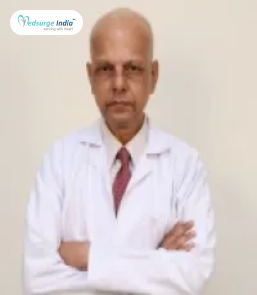
Dermatologist
17+ years of experience
NH Rabindranath Tagore International Institute of Cardiac Sciences, Kolkata
View Doctor
Dermatologist
10+ years of experience
NH Rabindranath Tagore International Institute of Cardiac Sciences, Kolkata
View Doctor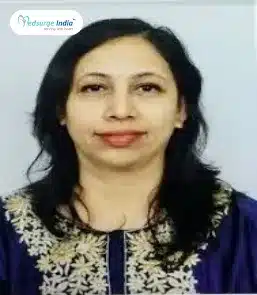
Dermatologist
Senior Consultant
26+ years of experience
NH Rabindranath Tagore International Institute of Cardiac Sciences, Kolkata
View Doctor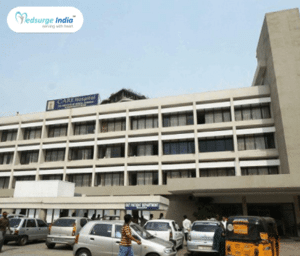
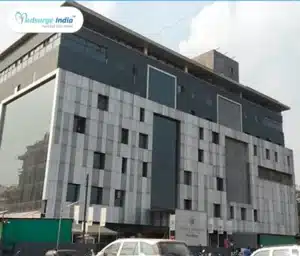
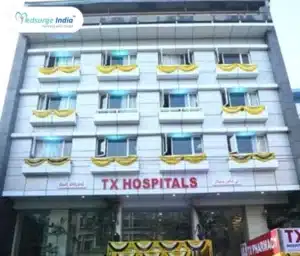
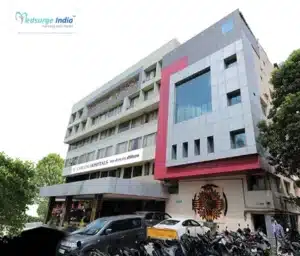



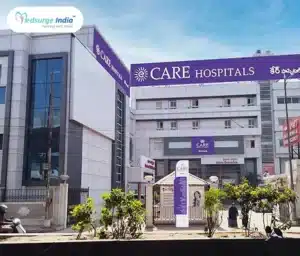

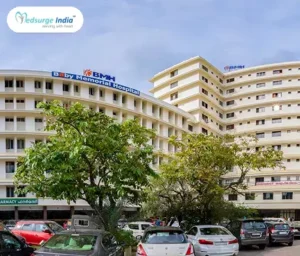
By using our site, you agree to our Terms and Conditions, Privacy Policy and Refund Policy. Medsurge India provides reliable healthcare information and treatment options to support informed decision-making. Our content is designed to support and complement the guidance of your treating doctor, helping you feel informed and confident throughout your healthcare journey. We also Accept International Payments.

Copyright © 2025 NSM ONLINE SOLUTIONS PRIVATE LIMITED. All rights reserved.